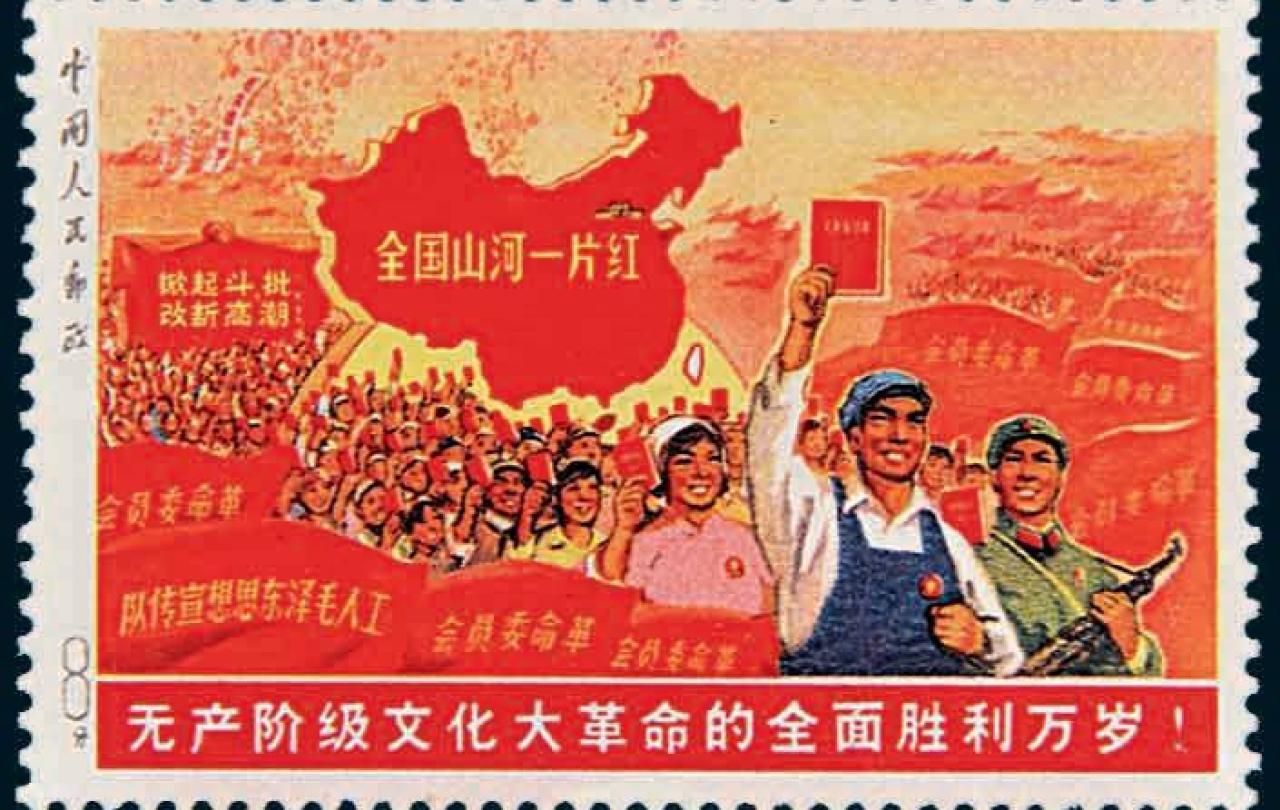
Modern era China has suffered human loss on an unimaginable scale. The Taiping Rebellion in the mid-nineteenth century cost over 20 million lives, more or less the global total from the Great War of 1914-18. The vicious Japanese occupation in the 1930s led to 15 million Chinese deaths. The famine begun in 1958, precipitated by the Great Leap Forward, caused around 40 million deaths.
For one nation, however large, these are appalling losses. By contrast, the fatalities in the Cultural Revolution (1966-1976) amounted to one million or more. But the impact of this communist insurgency within a communist state is profoundly felt today, for its generation is still alive. The trauma of those years has wounded the bodies and minds of millions; people who are unsure how to come to terms with it because of the uncertainty of what can be safely talked about.
Mao’s incitement to younger people to turn on their teachers and elders in vitriolic criticism and violent attack, including torture and murder, was an attempt to re-boot the revolution by exterminating elements of western capitalism and traditional Chinese authority – the so-called Four Olds of ideas, culture, customs and habits. The humiliation of teachers and parents was profoundly at odds with the Confucian culture of respect for elders, and it was embedded in young minds whose frontal lobes had not fully developed and where empathy was unformed. The ensuing violence, pain and hardship was sickening, encompassing millions.
Many of the bereaved and injured, the perpetrators and the victims, are still alive. Some bury their memories as a way of coping; others search for meaning, but run up against an authoritarian government with new digital tools that make totalitarianism possible. In her book Red Memory (Faber and Faber, 2024), Tania Branigan has produced a masterpiece of literature. Interviewing survivors, bystanders and instigators of the violence, she has produced a history of their guilt and trauma, while reflecting on the uses of memory.
The collateral from this is human rights abuses on an industrial scale, to ensure there is no opposition to the CCP as the true expression of being Chinese.
The word remember is coded with meaning. When we piece together our memories of the past, we re-member them and the members are frequently not put back together again in the way an event happened. This becomes more pronounced with the passage of time and the known tendency for people to make themselves more central to a story than they were at the time. We also narrate the past in ways that burnish our reputation and preserve our conscience. The Cultural Revolution has been reassembled in fragments; there is, and there will be, no initiative like South Africa’s Truth and Reconciliation Commission. People can make of it what they want; but without justice, the losses fester.
The lack of a shared public memory also means the Cultural Revolution can be made to service any goal. Detached from the moorings of truth, it becomes a malleable symbol. Xi Jinping suffered himself. His father was purged, denounced as a counter-revolutionary, and sent to hard work in rural Shaanxi Province. This is his creation myth, and how it made a man out of him. But there are other lessons to be taken from that time which he has strategically and wilfully ignored. The leaders of the Chinese Communist Party (CCP) who followed Mao were determined that never again would one man develop a cult of personality like his, by ensuring limited presidential terms. Xi Jinping has abolished this limit and introduced Xi Jinping Thought in an echo of Mao’s Little Red Book. If there is one thing Xi has taken from his experience, it is the terror that chaos unleashes and the need to avoid it at all costs. The collateral from this is human rights abuses on an industrial scale, to ensure there is no opposition to the CCP as the true expression of being Chinese.
Idolatry is much harder to identify in our own culture, yet it is here we need to do this work
The cult of Mao was idolatrous, usurping Christ. Jesus said he would divide families: ‘father against son…mother against daughter…mother-in-law against her daughter-in-law’. This divisiveness was located in his claim to be the way, the truth and the life. He did not seek to divide families, but knew his claims would do so. Mao intentionally turned families against themselves - the foundation of a civil society - to ensure loyalty to him would not be compromised.
It is easy to identify this several decades on and at the safe distance of several thousand miles. Idolatry is much harder to identify in our own culture, yet it is here we need to do this work. It is also sloppy to make links between the ideological fervour and purity of Maoism and today’s social media culture. There is no direct link, despite some claims. But the story of how groups coalesce righteously and are manipulated into ever more extreme forms of factional purity has a disconcertingly contemporary feel.





